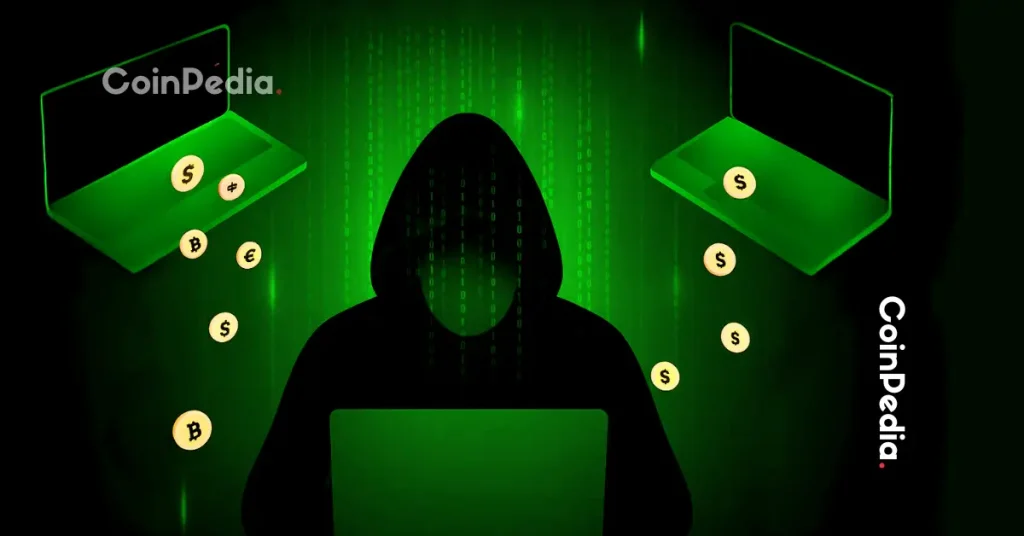Solana Founder Reveals How Quantum Computing Could Shatter Bitcoin’s Security
Quantum computing threatens to crack Bitcoin's cryptographic foundations—and Solana's founder just explained how.
The Crypto Threat Nobody Saw Coming
Traditional encryption methods—the bedrock of Bitcoin's security—could become obsolete overnight. Quantum processors might solve complex mathematical problems in seconds that would take conventional computers millennia.
Why Bitcoin's At Risk
Bitcoin's proof-of-work consensus and elliptic curve cryptography weren't designed with quantum threats in mind. A sufficiently powerful quantum computer could theoretically reverse-engineer private keys from public addresses—exposing every wallet's contents.
The Silver Lining?
Some cryptographers argue quantum-resistant algorithms could be implemented through soft forks. But that requires near-universal consensus—something Bitcoin's notoriously fragmented community struggles to achieve even for basic upgrades.
Meanwhile, Wall Street keeps buying Bitcoin ETFs—because nothing says 'secure investment' like technology that could be broken by physics we barely understand.

Solana founder Anatoly Yakovenko recently shared his thoughts at the All-In Summit 2025 on the future of crypto, quantum computing, AI, and global finance.
His warning is clear: the quantum revolution may be closer than many realize, and Bitcoin needs to be prepared.
A Major Test Ahead for Bitcoin
Yakovenko said there is roughly a 50/50 chance of a quantum breakthrough in the next five years, driven by the rapid pace of AI development.
He emphasized the need for preparation saying: “We should migrate bitcoin to a quantum-resistant cryptographic stack, now is the time to migrate.”
Despite the risks, Anatoly highlighted the massive opportunities quantum computing offers- “Quantum computing is such a massive unlock in terms of how much we can process that it’s going to be as big of a wealth creator as AI, if we pull it off.”
When asked about AI’s role in crypto, he admitted that it is hard to pinpoint exact applications today, but the opportunities are significant.
Bitcoin’s Resilience to Attacks
Yakovenko also addressed concerns about Bitcoin’s ability to survive major shocks, including attacks from state-backed actors.
“I think Bitcoin is resilient to these entities collapsing. It’s not going to be without painful risk to people who own Bitcoin. But it’ll survive, and all the properties of Bitcoin that people value will remain through that transition,” he said.
He noted that Bitcoin’s simplicity and proof-of-work design make it strong against attacks. As long as it remains accessible to anyone in a fair, global market, it can withstand shocks without breaking.
Expert Views on Quantum Threats
Other crypto leaders have also spoken about the quantum threat.
Ethereum co-founder Vitalik Buterin warns that by around 2040, quantum computers could break today’s cryptography, with a roughly 20% chance this could occur even earlier, before 2030.
Tether’s CEO Ardoino says Bitcoin will likely adopt quantum-resistant addresses, letting users secure funds before quantum threats emerge.
Michael Saylor called fears of quantum attacks mostly marketing hype. He said even if extremely powerful quantum computers existed, companies like Google or Microsoft would not use them because of the risk to global systems and their own business.
Adam Back added that current quantum computers are not a real threat to Bitcoin, but they could become one in the next 20 years. He said advances in quantum computing may eventually require Bitcoin holders to MOVE their funds to quantum-resistant addresses and could even reveal whether Satoshi Nakamoto is still active.

